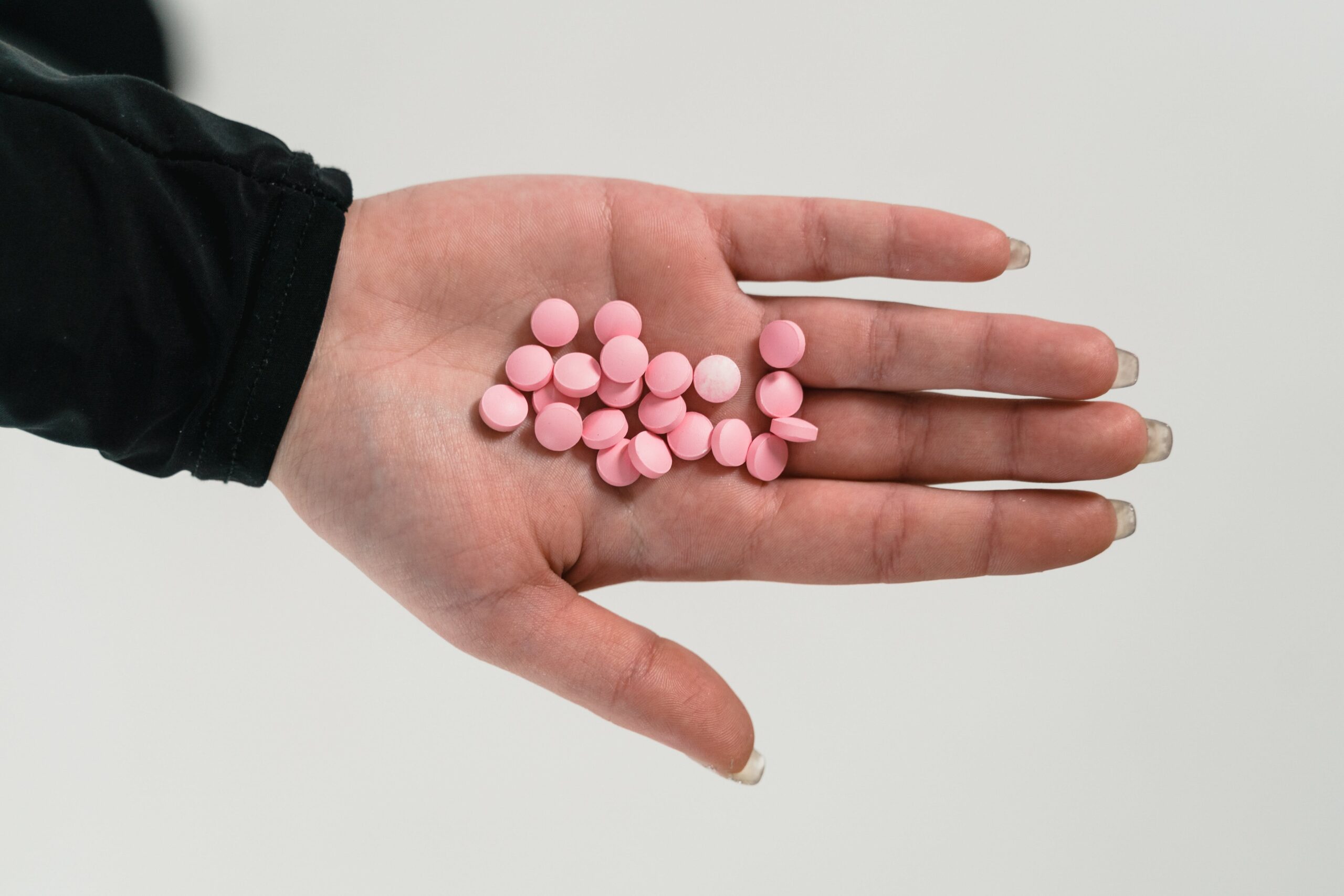Understanding prescription drug addiction
Legal opiates and benzodiazepines, for example, are highly addictive and can lead to drug abuse. These pharmaceuticals modify the neurotransmitter gamma-aminobutyric acid (GABA), which is responsible for a state of relaxation in the brain.
Opiates block GABA and cause the release of dopamine, whereas benzodiazepines create GABA. These two neurotransmitters both contribute to an increase in happiness.
When you take more of these drugs than is recommended, your brain and body will develop a dependence on the calming effects of GABA and the rewarding effects of dopamine. This is the root source of the problem of people abusing prescription drugs, which can lead to addiction.



Benzo prescriptions
Insomnia, seizures, and anxiety are only some of the disorders for which benzodiazepines are prescribed, but the addictive quality of GABA production makes them tempting for abuse. That’s why it’s so important to know how to spot an addiction of benzos.






